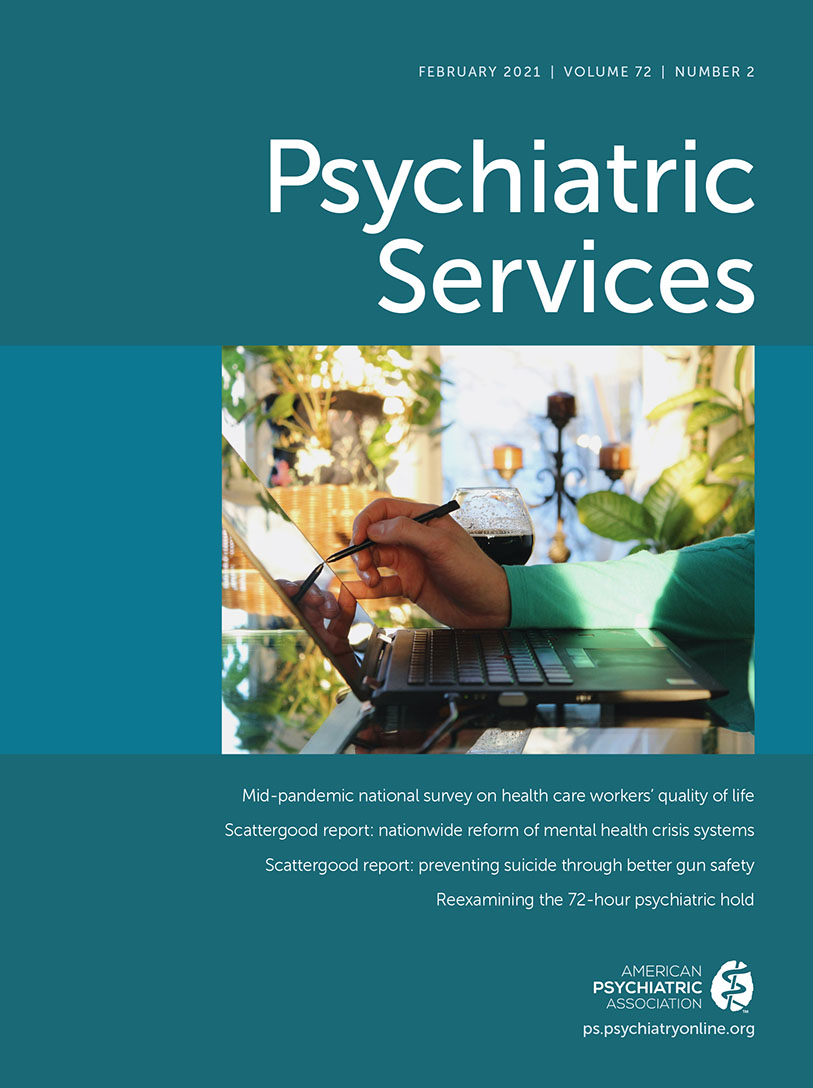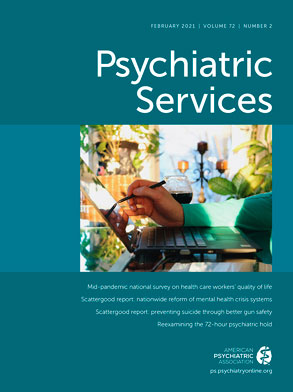Say his name. Say her name. Say their name.
I have stood silent for too long, doubting that my white, male voice had any business being heard in times like this. I have felt powerless to effect change, other than to quit my career as a psychiatrist and become a full-time activist, and I have feared that speaking up would serve as yet another instance of white sympathy without action. I started to reconsider my inaction when, prior to the recent high-profile killings of Black people and the subsequent protests, a Black faculty member in my department pleaded for white people to begin initiating conversations on racism in our mental health system rather than merely responding to them once initiated by colleagues of color. When this plea still was not enough to move me to speak, another colleague delivered a jolting comment: “If you as a white man feel afraid to speak up, God help the rest of us.”
I know that adding my voice to the conversation on racial injustice risks dominating, diminishing, and distorting the messages of those who most deserve to be heard. I hope my words will be received as an attempt to share in the duty to speak out against racial injustice—a duty that usually falls unbidden upon people of color—while respecting that some portion of this duty cannot be shared.
White psychiatrists who profess outrage about the continued oppression of and violence toward people of color around the world must face some deeply inconvenient truths: our own white hands continue to hold the reins of the medical, legal, and public institutions that actively harm, neglect, and kill people of color. Our own white hands continue to allocate money and resources that determine who will starve and who will survive in this country. Our own white bodies sleep soundly in homes and on beds and in neighborhoods we could afford only with the salaries that our patients’ suffering affords us. White arms continue to restrain, suffocate, and imprison Black and brown people. White people, including psychiatrists, have not come into this power by mere chance; we seek it, rationalize it, disguise it as genial, and refuse to ever relinquish it.
George Floyd could not breathe, and yet here I sit, breathing—no knees on my neck, no bullets tearing through my young lungs. Rayshard Brooks died before I could even finish writing this account. What right do I have to continue breathing in this moment, knowing that each of my breaths leaves less air for those already suffocating?
I imagine that all people are capable of turning away from inconvenient truths that might shake our conviction that we are allies of the underserved and the oppressed, but I would like to share a few truths of my own in the hope that they might resonate with others. No matter how much attention I have devoted or may devote to undoing racism or advocating for the underserved in my personal and academic lives, I could never make a sacrifice commensurate with the gravity of losses that communities of color are enduring—lives, liberty, and peace of mind. No matter how hard I have worked to reach this point in my professional life, I am privileged by the very fact that I even had a choice. As a psychiatrist working in the public sector, I earn a salary at least 20 times greater than many of my patients’. I sleep soundly in a safe neighborhood, while many of my patients sleep on the street, in jail, or beneath the echoes of gunshots. I can recall many patients of color who were in need of money and to whom I gave nothing, many homeless patients I discharged to the streets, and many from whom I withheld a bed because I knew an attending physician would disapprove of a “soft admission.” I know that at times I have treated Black patients differently than white patients, and I know there are probably more instances of which I remain unaware.
I have had opportunities to be a liaison between oppressed communities and political power, given that professional influence, massive funding streams, and the witnessing of social injustice routinely coincide in mental health care, but I have shrugged my shoulders at injustice as if I were powerless to influence it. I continue to rely on police to intervene when my patients are in crisis, despite knowing that one in four people killed by police have a mental health condition and that the mass incarceration of people of color continues unchecked. Black poverty and Black death have become routine for me, and yet I still avoid what I know in my heart is necessary for reparations—surrendering the benefits of my privilege. I feel like a fraud, knowing that safety and wealth are virtually guaranteed to me in my work, and yet my patients are systematically denied the same. I offer my Black and brown patients words of empathy and apology for our nation’s racism instead of genuine acts of justice. I offer them waiting lists for housing or income instead of the cash in my pocket or a bed in my home. I have this urge to complain, “Why me? How am I the villain? I just got here. Someone else created this!” This, I realize, is a very dangerous sentiment—one that favors inertia over action and blamelessness over responsibility.
But this is a moment in history that must motivate us all to do something radical, despite the knowledge that similar moments in our lifetimes have not. Mental health professionals of every skin color have expressed outrage when discussing the deaths of George Floyd and other Black people, and yet few have proposed tangible action beyond further discussion and position statements. Some have argued that there will be no change without sacrifice, and this seems right to me. There will be no change without sacrifice. And sacrifice does not mean giving up something you will not miss much anyway; it means giving up something that it seriously pains you to lose.
White psychiatrists have many such things to sacrifice. We must sacrifice our money, because oppressed communities and antiracist institutions are underfunded in the fight that confronts them. We must sacrifice our personal agendas and instead ask our patients and colleagues of color how we can use our power in their service. We must sacrifice our fearful dependence on police and demand that mental health crisis intervention be rescued from their hands—hands that are somehow capable of killing as well as protecting. We must sacrifice our preference for a level of safety that people of color are routinely denied and remove armed security from our institutions. We must sacrifice our comfort in silence, even if it comes at the expense of our jobs or our professional esteem, in order to demand justice and change from the institutions in which we work and the governments under which we live. We must sacrifice our civil obedience, because the taxes we continue to pay without protest are the same that prop up racist institutions, fund militarized police forces and their legal defense, and pay our slack representatives’ salaries. We must sacrifice our deadly fantasy of being “woke” leaders who remain passive and must concede our power to the closest willing person of color who is prepared to act. If some of these actions seem too radical, take a moment to recall the images of George Floyd struggling to breathe and ask yourself, Why?
Perhaps there are only two questions worth asking: What sort of personal and collective sacrifices on the part of white psychiatrists might promote real change toward antiracist institutions? and How many more dead will it take for us to make them?

